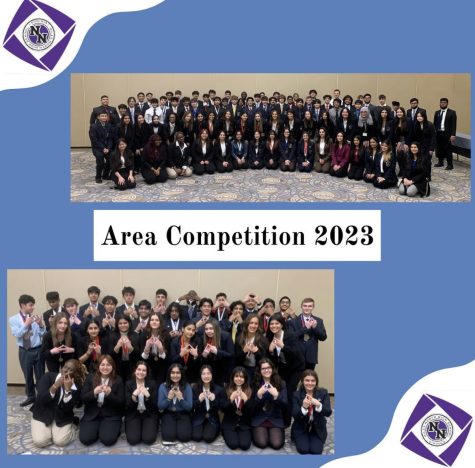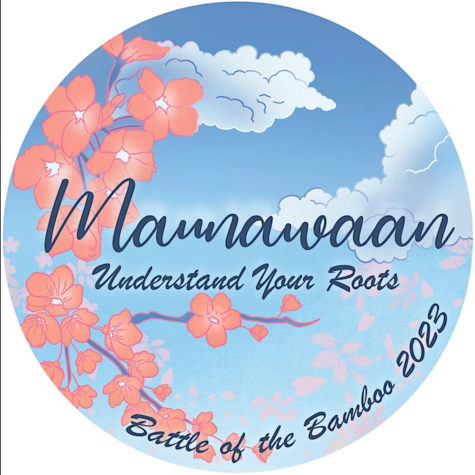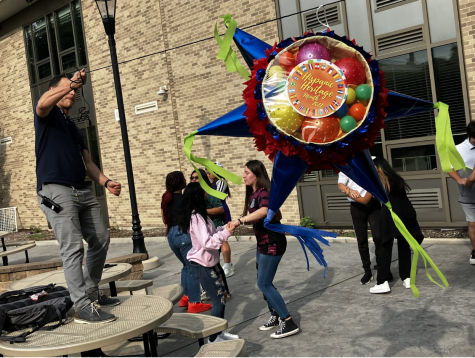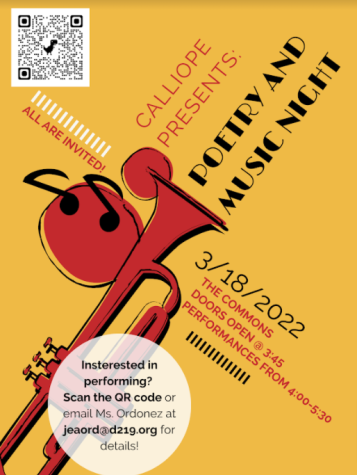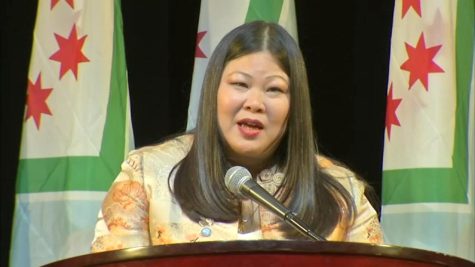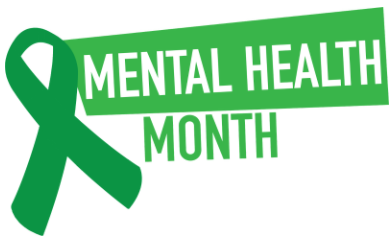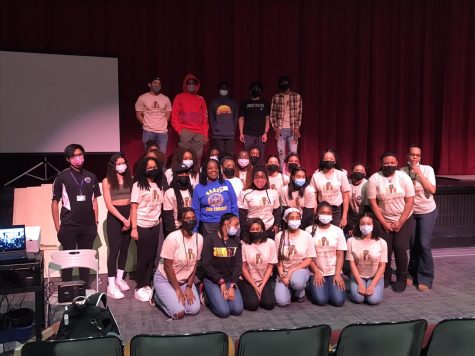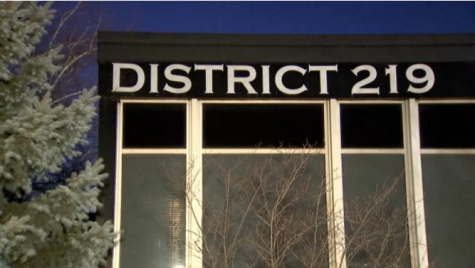NN students want more language options
In a new poll, Niles North students say that American Sign Language (ASL), Japanese, and Arabic are the world languages most desired to be offered as classes. With ASL coming in at 52.5%, Japanese at 43.6%, and Arabic at 40.8%, the student body responded with enthusiastic, warranted claims.
The following student responses to the question “What are the benefits of offering additional world languages to the Niles North curriculum?” reflect this zest:
| We have a very diverse school. More languages means more opportunities for different people to embrace their culture or a culture they enjoy (e.g. anime and manga in Japanese, K-pop in Korean or Russian literature). Also, a lot of students come from a family where the parents speak a certain language, but the students don’t. I’m sure many of them would love to have an opportunity to learn the language their family speaks, such as Urdu, Hindi, Arabic, or Tagalog. | Offering more languages allows for people to be exposed to more cultures. In addition, the offering of specific languages (ex. Latin) can be useful and applied in other classes. For us as a school to offer more language also broadens our perspective on the world and allows us to connect more with the community at large. To speak someone else’s language is to connect with them on a deeper level. The opportunity to gain additional knowledge is always one that we should take as a school, as it benefits not only our students but the surrounding community with whom we interact. |
| The benefits of offering additional world languages would give students more options and variety to use languages that aren’t predominantly European. | I feel that Arabic would be an amazing addition due to the amount of knowledge it can give students and how it cultural relates to more than one place and it is also a UN recognized universal language. |
| It helps students who want to pursue careers that involve other languages besides the typical school taught ones, and it can also help students who want to travel abroad, so they will be able to communicate with others. | Learning ASL would greatly help bridge the gap in communication between hearing and deaf people. |
The broad benefits of widening the World Languages curriculum are, at least to the student body, apparent. Students overwhelmingly expressed an affinity towards ASL, Japanese, and Arabic; so from an academic standpoint, what are the benefits of these languages?
ASL is the 4th most studied modern language at colleges and universities across the U.S., according to the Modern Language Association’s statistics. Bilingualism is known to enrich cognitive processes; this benefit applies to ASL along with bimodal, or using visual-spatial medium, enhancement. This expands visual-perceptual skills: spatial awareness, mental rotation skills, and visual sensitivity. Most importantly, offering ASL as a class would also enable students to communicate with deaf people, or those who are otherwise unable to verbalize. In district 219, Niles West has an ASL club; Niles North currently does not.
In an increasingly global economy, language can be a valuable tool in widening business options. Japan is notoriously a challenging and lucrative place to do business; whether it’s a fast-food company trying to open a chain there, or salespeople trying to navigate the subtle communication practices of Japanese culture, language barriers undoubtedly complicate the process. Taking this into account, learning Japanese may be a long term investment for the futures of students wishing to pursue careers in business. Although Niles West offers a Japanese Club, Niles North currently does not.
Spoken by up to 422 million people across more than 20 countries, Arabic is one of the most widely spoken languages in the world. Arabic is also the language of Islam, studied and spoken by Muslims across the globe. For non-Muslims, learning Arabic offers the chance to learn about, and promote tolerance and understanding towards, this religion and culture. At Niles North, the Muslim Student Association (MSA) club meets on Fridays after school; the next meeting is on November first in room 1810.
“The U.S. is substantially behind in teaching our children the importance of multilingualism.” Latina social studies teacher Lauren Velasquez said. “Inclusion is everything. Culturally, es muy importante.”

Lauren Sonnier is a senior at Niles North, participating primarily in Varsity Debate and Fem Club. In her free time, she works as an intern at Response...



